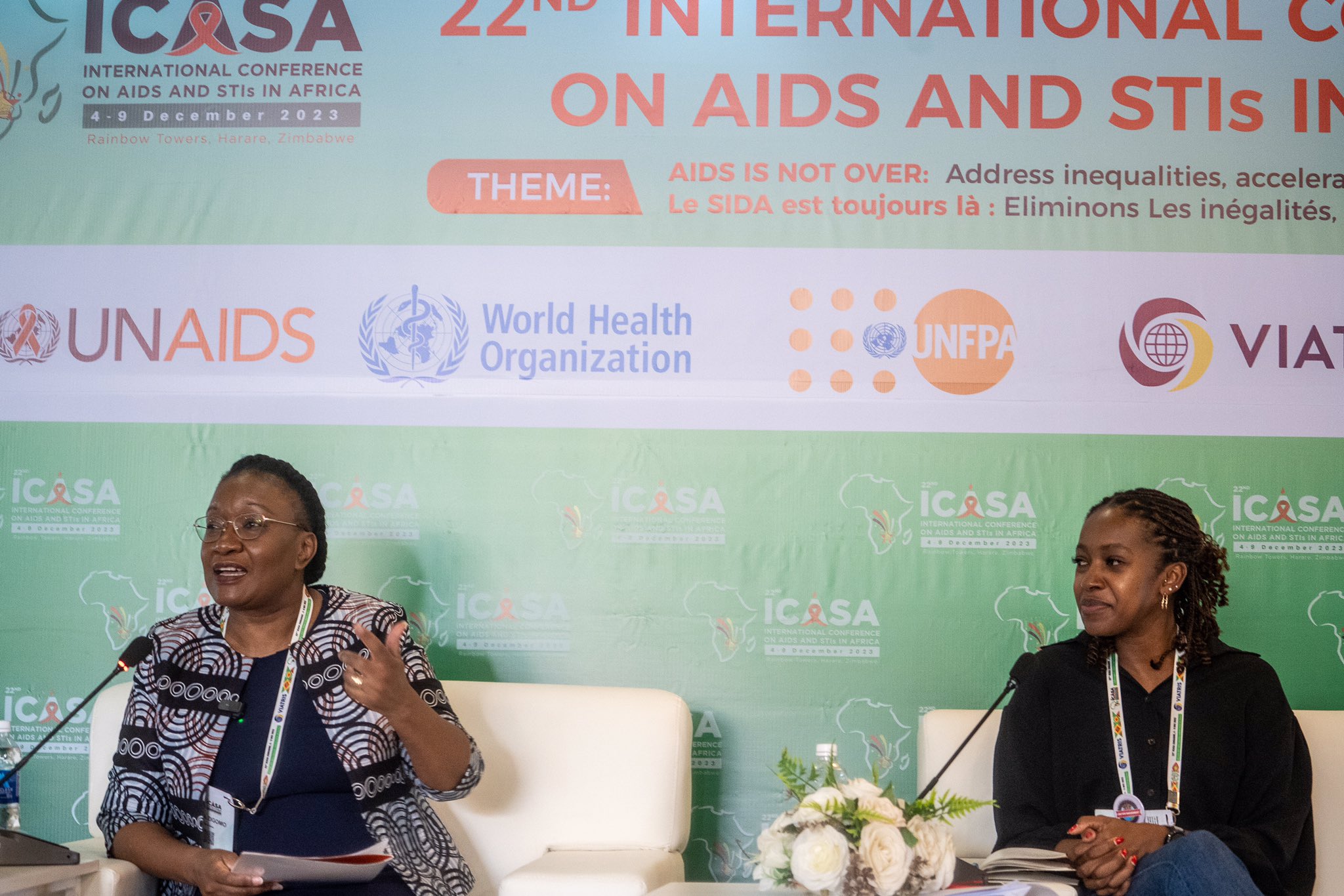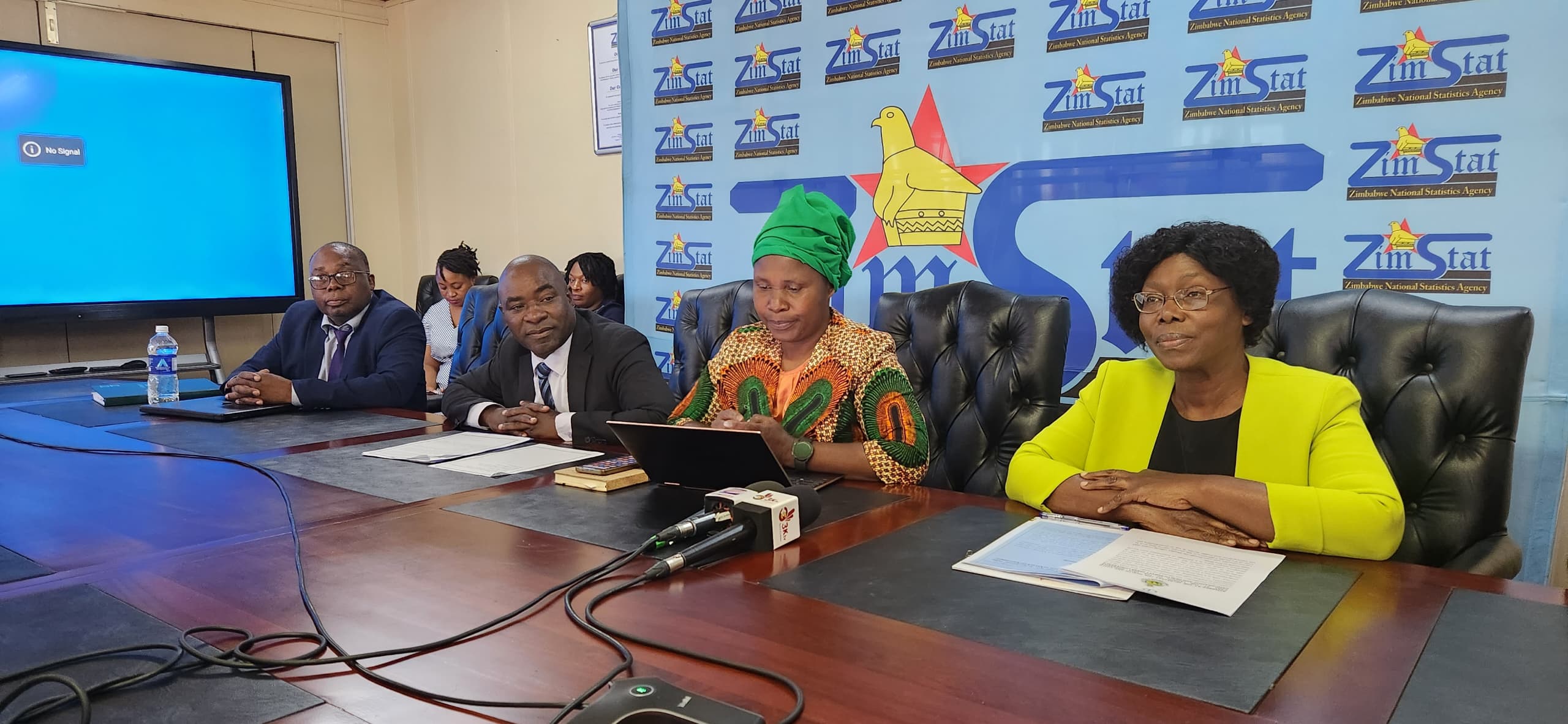Concern at growing incidence of HIV among older women in East and Southern Africa
Share

Harare (New Ziana) –There is concern at the growing incidence of HIV among women aged between 25 and 34 in East and Southern African countries as more focus is being directed at adolescent boys and girls, an expert has said.
United Nations Population Agency (UNFPA)regional director for Eastern and Southern Africa (ESA), Lydia Zigomo said this on Thursday on the sidelines of the ongoing International Conference on AIDS and STIs in Africa (ICASA).
She said the age 25 to 34 group is now a neglected face in the HIV prevention fight as a lot of programming has been targeting mostly Adolescent Young Women and Girls (AGYW), adding the reality of the pandemic should ensure that all women at risk are covered.
“A review by the UNFPA Regional office of ESA noted that a number of older women have an elevated risk of HIV infection, most of whom are still in their peak reproductive years, especially in high HIV incidence settings,” she said.
The review, she said, observed that while HIV incidence is generally declining for all populations, the trend is slower for older women than for younger cohorts of any gender.
“Older widowed or divorced women, those living in sero-discordant partnerships, engaging in high risky behavior (sex work), or living in locations with high HIV prevalence and unsuppressed viral load, have the slowest declines and the most need for tailored, person centred HIV prevention interventions,” she said.
Zigomo said in order to win in the fight against the pandemic, the 25 to 34-year-old age group needs support starting at grassroots level in their respective countries.
“If countries put support systems and programs in support of this age group, it becomes easier for partners to aid with structures that would be already in place.
“ESA is generally making positive strides in the fight against the pandemic and the infections have been steadily subsiding for a while but the older women should not be ignored in programming,” she said.
The 22nd ICASA, which began on Monday and was officially opened by President Emmerson Mnangagwa with his Mozambican counterpart Filipe Nyusi in attendance, is running under the theme: AIDS is not over: Address inequalities, accelerate inclusion and innovation.
More than 8 000 delegates both in person and virtually are attending the event, the largest international conference on HIV/AIDS in Africa.
ICASA president, former Health Minister Dr David Parirenyatwa, said its objectives wrere not only to address HIV, but also related diseases such as tuberculosis, hepatitis, malaria and other infectious diseases.
The conference, which ends on Saturday, will also mainstream respect for equality, inclusion and diversity in the control and mitigation of the impact of diseases; respond to HIV/AIDS, COVID-19, Monkey pox, Ebola and any other emerging disease, as well as mitigate the impact of hepatitis, tuberculosis and malaria through strengthening of health systems.
New Ziana








